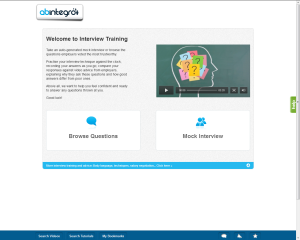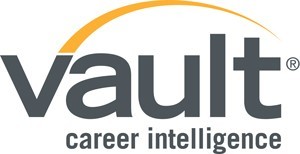When applying for a new role we all hope that we will be given a positive and supportive reference by our current, or previous, line manager. However, even the most conscientious and easy going individual can have an occasional difficult working relationship. So, what do you do if you have not always seen eye to eye with your line manager?
A good first step is to talk to them. Tell them about your plans, your motivation for the roles you are seeking, and ask them what kind of reference they would provide for you. You may find that they are much more supportive than you expect. Asking them for a copy of the reference they will provide may also allay your fears. If they are prepared to focus on your strengths and achievements you will no doubt be reassured.
An alternative approach is simply to ask someone else to write a reference for you. This could be a colleague you have worked with closely either on a day-to-day basis or on a specific project. You may have plenty of people who could do this for you and would be happy to comment on you work ethic, professionalism, knowledge and ability.
Bear in mind that professional references do not have to be written by a direct work colleague. You could approach other industry professionals who know you well, or maybe even contacts from clubs or voluntary bodies in which you participate or volunteer. And, of course, don’t forget that you can also ask your academic supervisor who will have got to know you and watch you develop throughout your degree.
Regardless of who you decide to approach, ensure that they are clear about what you are applying for, why you are interested, and what makes you suitable for this role. You may wish to remind them of some of your most relevant knowledge, experience and skills. It can also be helpful to forward them a copy of your application.





